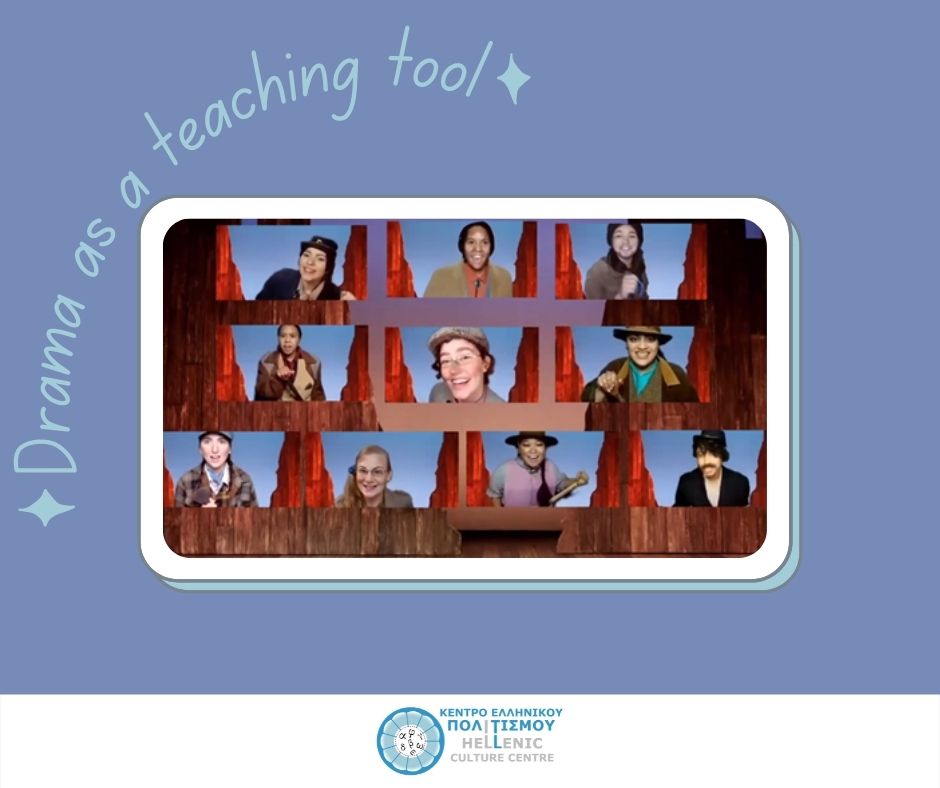
Using Drama as a Teaching Tool
Drama is not only the art of performing and a way of expressing oneself, but also a tool for learning. Drama is such a compelling tool for teaching languages because the students are not just passive bystanders in the learning process: they are stimulated intellectually, but their bodies, their emotions, the social bonds between them are also involved. Drama activities such as role-play, improvisation, and pantomime can be found useful in motivating students to develop their creativity and critical thinking skills.
Why use drama in the classroom
In answering the question, “Why use drama?”, award-winning writer, theatre director and drama consultant David Farmer writes in his book “Learning Through Drama in the Primary Years”: “Drama is ideal for cross-curricular learning and is a valuable tool for use in many subject areas. In particular, drama develops literacy skills – supporting speaking and listening, extending vocabulary and encouraging pupils to understand and express different points of view. […] It enables them to explore their own cultural values and those of others, past and present. It encourages them to think and act creatively, thus developing critical thinking and problem-solving skills that can be applied in all areas of learning. […] Teachers can take a more open-ended approach, concentrating on the process of learning at least as much as – if not more than – the product.”
Benefits of utilizing dramatic play as a teaching methodology
The benefits of using drama as a teaching and learning tool are coincidental with the well – known goals of educators. Through drama activities students are able to:
- develop their creative potential and imagination
- develop their problem-solving skills
- think critically but also creatively
- explore and assess ideas
- improve their language skills
- deal with conflict through positive ways
- better their communication skills in another language
- express their thoughts and actively listen and interpret those of others
How to apply drama in the classroom
Drama can be applied in a physical AND online classroom through several activities such as:
- 3D Living Pictures
- Forum Theater
- Freeze Frames
- Hot Seating
- Image Theater
- Narration
- Role Play
- Storytelling
- Thought Tracking
Drama Games for all Language Classes
The Hellenic Culture Centre is delighted to announce a new course with David Farmer, an award-winning writer, theatre director and drama consultant. He delivers training and presentations for organisations worldwide.
At the end of the course, participants are expected to have acquired the skills that will enable them to:
- select the drama games suitable for organizing an efficient language course
- adjust, produce, apply and evaluate the appropriate drama games
- develop speaking skills of their students through fun activities
- special attention will be given to online drama games with your students
The Drama Games for All Language Classes course starts on 07/02/2022 until 28/02/2022 for 4 weeks. Online meetings take place every Monday at 17.30- 20.30 Greek time (16.30-19.30 CET). Fees: 130 euro
Read more and apply now here.

